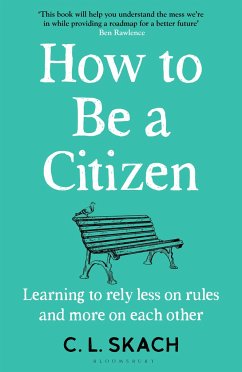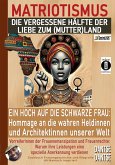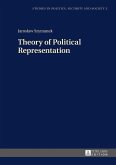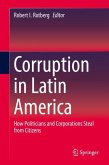We believe that rules and laws are in place to protect us. They are what keep our societies from descending into chaos. Without them, how would we know our right from wrong, live comfortably in our communities and be good neighbours to one another? C.L. Skach feels differently. She always believed in the strength of the law - she spent her career in some of the most fractured, war-torn corners of the world, reading and writing constitutions to help fix society. But as she sat alone in a sandbagged trailer in Baghdad after a rocket attack, she admitted what she'd been denying for years: a good society cannot be imposed from above. It comes from leaning less on formal rules, and more on each other. Skach lays out six ideas, informed by everything from civil wars to civil rights struggles, bystander responsibility to mutual aid in the pandemic, to help us build small societies of our own. These ideas sometimes sound simple: share the vegetables from your garden, spend time on a park bench. But taken together they can amount to real, bottom-up change. How to Be a Citizen is a hopeful handbook for a better world - one we can all help build together.
Hinweis: Dieser Artikel kann nur an eine deutsche Lieferadresse ausgeliefert werden.
Hinweis: Dieser Artikel kann nur an eine deutsche Lieferadresse ausgeliefert werden.








